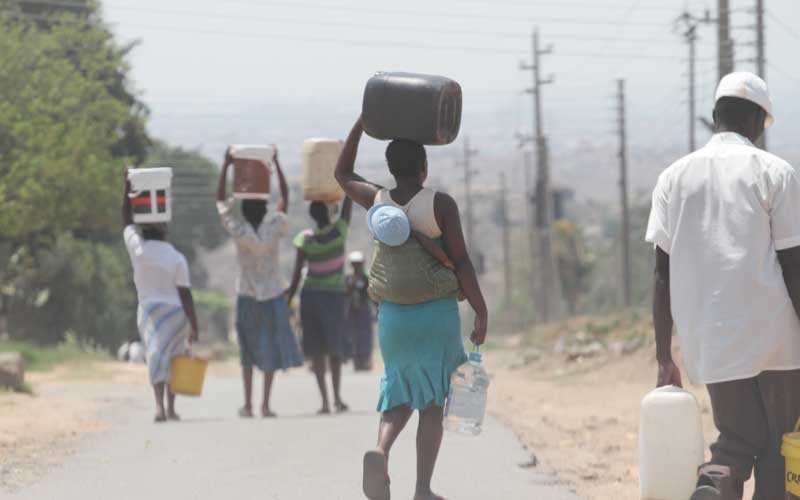
ZimNow Reporter
Zimbabwe has been ranked among the world’s 10 most difficult places to live, according to the latest Global Livability Index released by the Economist Intelligence Unit (EIU).
The annual report, which assesses the quality of life in cities worldwide, highlights the severe challenges facing Zimbabwe’s urban population, particularly in its capital, Harare.
The index evaluates cities based on more than 30 indicators grouped into five key categories: stability, healthcare, culture and environment, education, and infrastructure. Harare scored poorly across all these indicators, underscoring the harsh realities of daily life for many of its residents.
Zimbabwe’s inclusion in the bottom tier of the index comes as no surprise to analysts familiar with the country’s ongoing socio-economic struggles.
Over the past two decades, Zimbabwe has experienced prolonged economic decline, marked by hyperinflation, high unemployment, and widespread poverty. Harare, once a hub of commerce and culture in southern Africa, now grapples with aging infrastructure, intermittent water supply, erratic electricity, and crumbling public services.
The healthcare system in Zimbabwe remains critically underfunded and overstretched. Hospitals often lack basic medical supplies, equipment, and trained staff, forcing many citizens to seek treatment in neighboring countries or rely on informal health services. Education, too, suffers from a lack of resources, with overcrowded classrooms and underpaid teachers contributing to a deteriorating learning environment.
Related Stories
One of the most pressing issues highlighted by the EIU report is the country's infrastructure collapse. Roads in urban areas are riddled with potholes, public transportation is unreliable, and housing shortages have led to overcrowded and unsanitary living conditions.
These challenges are compounded by high levels of political instability, corruption, and recurring power struggles that have eroded public trust and discouraged investment.
The report also draws attention to the mass emigration of Zimbabweans in search of better opportunities abroad. Data from the 2022 Zimbabwe Population and Housing Census revealed that 84 percent of emigrants left the country in search of employment, while another 5 percent sought education or training opportunities.
According to the World Bank, an estimated 15 percent of households in Zimbabwe had at least one member living abroad as of 2017, most of whom had left due to economic hardship.
Despite these daunting challenges, many Zimbabweans remain resilient, striving to make ends meet and improve their quality of life in an increasingly difficult environment. However, the EIU’s latest findings serve as a stark reminder of the urgent need for comprehensive reforms and international support to address the root causes of Zimbabwe’s livability crisis.
Zimbabwe joins a list of other countries facing similar pressures, including Nigeria, Libya, and Algeria. The index's lowest rankings are largely dominated by cities in Africa and the Middle East, as well as conflict-ridden regions in Syria, Venezuela, Ukraine, Pakistan, and Bangladesh.




















Leave Comments